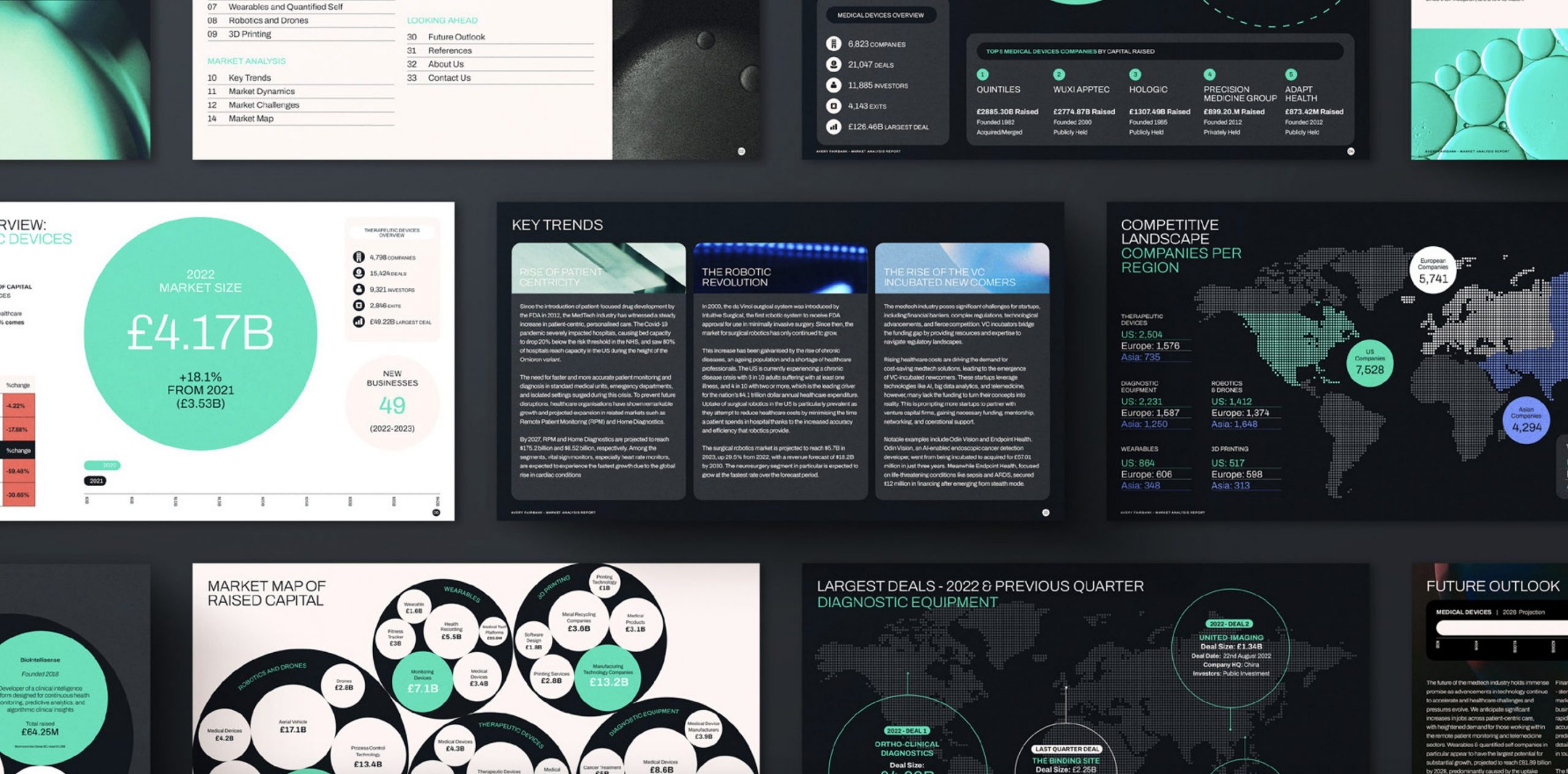November 27, 2023
The biotech industry is just beginning to embrace machine learning tools, but this trend is expected to significantly transform life sciences into a more multidisciplinary and data-driven field over the next two decades. Currently, a major obstacle hindering rapid progress is a lack of data sophistication. Delaying the adoption of advanced data tools will only lead to falling behind in this competitive sector.
The biotech industry’s slow adaptation to machine learning can be attributed to challenges in data collection, the prevalence of information silos, and a traditional focus on biology rather than software. However, given the complexity and scale of the challenges faced by the biotech industry, integrating machine learning is becoming increasingly essential for achieving efficiency and cost-effectiveness. Business leaders who fail to recognise the importance of incorporating data science into their biotech ventures risk lagging behind those who prioritise this integration.
The Necessity of Modern Data Practices in Biotechnology Industry
The biotechnology sector is increasingly encountering vast volumes of unstructured and dispersed data. With the biological sciences expected to generate exabytes of data in the near future, primarily due to the extensive experimentation needed for concept validation, the industry faces a critical need for sophisticated data management and collection practices.
Currently, there’s a consensus that software solutions are more efficient than manual human efforts for repeated experiments or analyses. However, the biotech sector still lacks robust standards for data collection and management. This scenario must evolve to keep pace with technological advancements.
As the industry integrates more software tools, it will be able to amass substantial data, ripe for analysis through machine learning. This approach can lead to new insights, some of which may not be immediately apparent or even directly related to the original intent of the experiments. Furthermore, the capacity to conduct tests without predefined hypotheses opens up possibilities for discovering scientific knowledge that might otherwise remain hidden. The sheer magnitude of data generated in this process underscores the urgent need for modern data practices in biotechnology.
For certain biotechnology companies, conducting experiments can be a costly affair, often running into millions of dollars. These experiments are vital, regardless of whether the goal is to revive extinct species, develop personalised healthcare solutions, or conduct drug discovery trials. To optimise resources and scale up efforts effectively, it’s essential to integrate machine learning into the workflow, enabling the software to analyse complex data sets alongside biological trials.
The true potential of machine learning lies in its ability to examine fundamental aspects and interrelationships within biotechnological data, thereby unlocking new possibilities. The software industry is increasingly playing a supportive role in these endeavours. For instance, Nvidia’s launch of its BioNeMo Large Language Model (LLM) service is a significant step in assisting researchers to construct new AI models for biology. This initiative has already shown promising early outcomes. Using BioNeMo in collaboration with Evozyne, they developed the Prot-VAE model for protein discovery in a remarkably short time span.
Contemporary Data Practices: Paving the Way for a Machine Learning Revolution
Adopting modern data practices can pave the way for the integration of machine learning in biotechnology. Here are three proven strategies that can be relevant to other companies in this field:
Genome Editing for Breakthroughs
Machine learning, when used with extensive biological data, has enabled the discovery of gene expression similarities across species. This exploration helps understand the determination of body size, morphology, physiology, coloration, and protein traits. By combining the efforts of a phenotype research team, focused on genomic analysis of gene expression as traits, with a bioinformatics engineering team, a unique tool for phenotype expression research was developed on Google Cloud. Proprietary machine learning tools then analysed this data, unlocking new insights into phenotype traits across species.
Automated Hardware in Cellular Analysis
Collaboration between the Ex-utero Development team and machine learning experts led to the creation of algorithms for automated tracking and quality assessment of cells. This automation scales up the throughput of analysis and consistently identifies the healthiest and most viable cells. The outcome is an automated system for monitoring cellular development, growth, and health.
Machine Learning in Conservation Efforts
In the field of conservation, where the adoption of new technologies is slow, machine learning solutions are being utilised alongside in-house developed tools. These applications include computer vision for animal population monitoring and audio analysis for passive acoustic monitoring. The data collected provides deeper insights into the behaviour, cognition, and development of species.
The key takeaway is that biotechnology companies need not invent new data solutions but can adopt established software best practices and apply them to various aspects of biological sciences. However, neglecting to embrace vital and promising technologies could mean failing to address critical issues like disease, climate change, and health conditions within our lifetimes. This is an avoidable failure.
Enterprise decision-makers in biotech must prioritise, fund, and implement machine learning solutions, integrating technological advancements into budgeting, scientific teams, and IT infrastructure. Elevating computer scientists to senior positions and fostering collaborative environments will be pivotal. This strategic approach will ensure biotechnology companies not only keep pace but lead in addressing the challenges and opportunities of the coming decades.
Sourcing Machine Learning Talent in Biotechnology
Our team specialises in identifying leading talent in the field of Machine Learning, particularly within the biotechnology sector. We aim to position your organisation at the front of this rapidly advancing area. If you’re looking to enhance your team with experts who can drive Machine Learning advancements in biotech, we’re here to guide you. Learn about our customised executive search services by visiting our website. For a consultation tailored to your distinct needs in the biotech industry, don’t hesitate to reach out to us whenever it suits you.

Published on 27-11-2023


